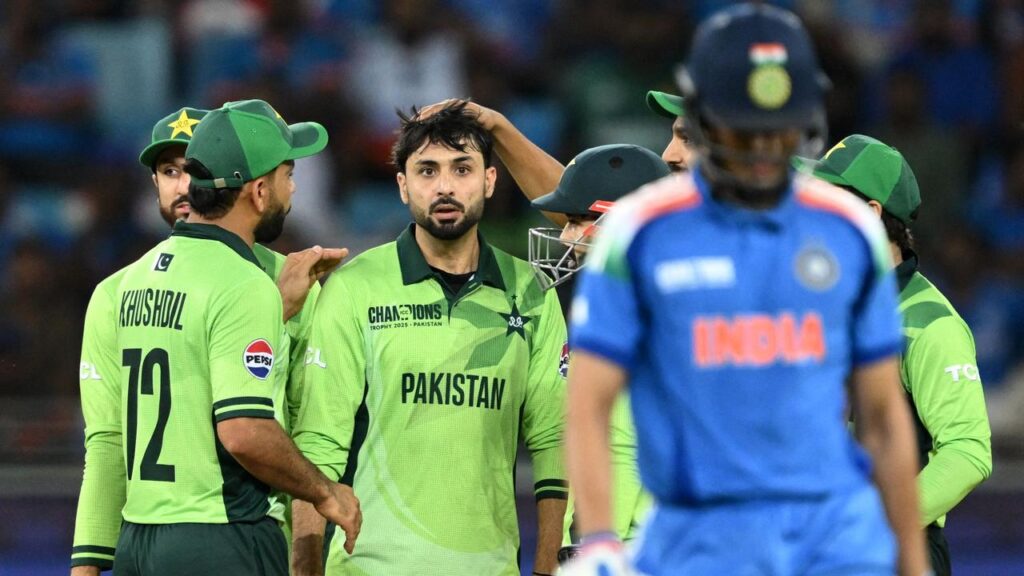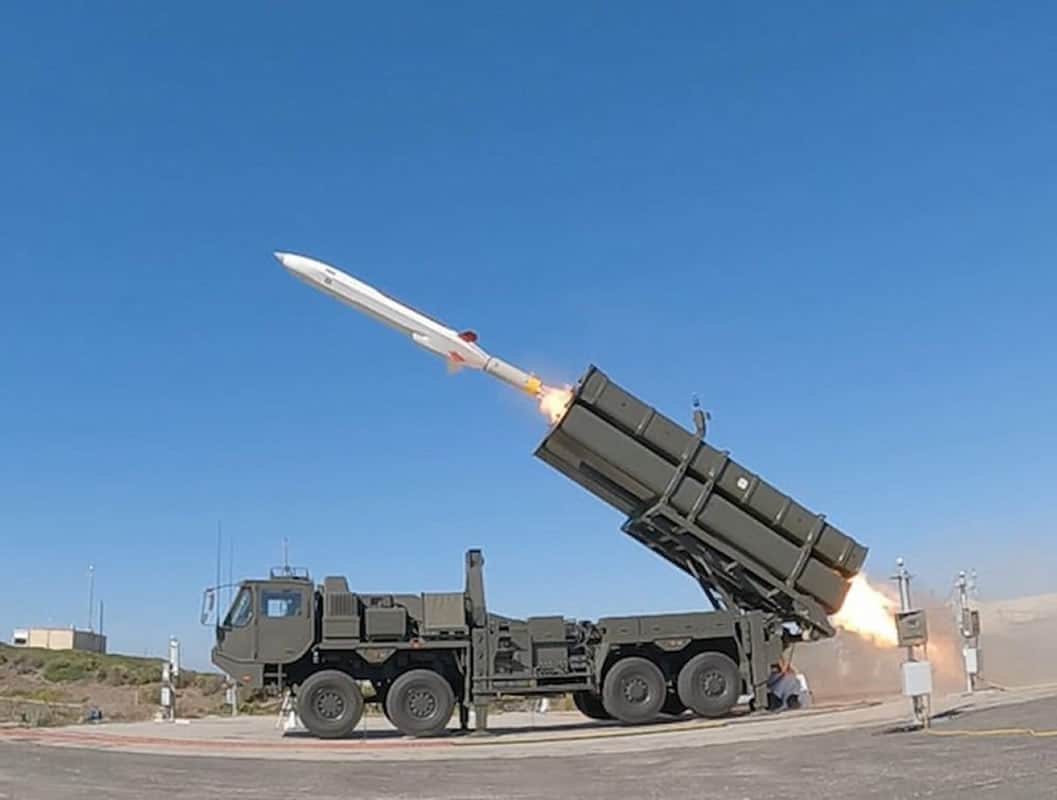
Sport’s most hostile rivalry enters a new era as India and Pakistan face off in an Asia Cup T20 group match in Dubai, marking the first encounter since a four-day conflict erupted in the disputed Kashmir region in May. The conflict, which resulted in over 70 casualties due to missile, drone, and artillery strikes, led to a ceasefire but left a lingering tension that extends beyond the cricket field.
The timing of this match, set for Monday morning at 12:30 am AEST, has sparked debate, especially after the Indian Premier League was suspended due to safety concerns, and a match in Dharamsala was abandoned over fears of being targeted. Despite avoiding a fifth war, the animosity between the two nations remains palpable, a sentiment that has persisted since the partition 78 years ago.
Cricket Amidst Conflict: A Historical Perspective
India and Pakistan’s cricketing encounters are rare, limited to International Cricket Council events like the ODI World Cup, the T20 World Cup, and the Champions Trophy, or the Asia Cup. They have not played a bilateral series since 2012, nor a Test match since 2007. The scarcity of matches fuels fan fervor, making their encounters highly anticipated and commercially lucrative.
Historically, political tensions have frequently interrupted cricket between the two countries. There were no matches from 1962 to 1977 due to wars. In 1990/91, Pakistan withdrew from the Asia Cup hosted by India, and the 1993 edition was canceled due to tensions. Yet, the allure of the rivalry remains strong, with the ICC reporting record viewership for their matches.
“More than 26 billion minutes were spent watching Virat Kohli score an unbeaten century in a recent India-Pakistan ODI, surpassing the 19.5 billion viewing minutes from their previous World Cup clash.”
Economic Implications: The Power of Cricket
Despite the political backdrop, the economic incentives for hosting India-Pakistan matches are significant. Tickets for their matches are highly sought after, with hospitality tickets for the upcoming clash priced over $1500. The Asia Cup organizers have strategically scheduled the tournament to maximize these encounters, demonstrating the financial stakes involved.
Such decisions are influenced by powerful figures linked to the governments of both countries. The Asian Cricket Council president, who also chairs the Pakistan Cricket Board, and the ICC chair, who has ties to the Indian government, exemplify the political intricacies intertwined with cricket.
Voices of Dissent: Calls for a Boycott
Not everyone agrees with setting aside political differences for cricket. Indian coach Gautam Gambhir, a vocal critic, has expressed his belief that cricket should not proceed amidst ongoing tensions. His sentiments are echoed by former players like Harbhajan Singh, who stated, “Blood and sweat cannot co-exist.”
“It cannot be the case that there’s fighting on the border, tensions between the two nations, and we go to play cricket.” — Harbhajan Singh
The Cultural and Sporting Significance
Despite the controversy, the cultural and sporting significance of the India-Pakistan rivalry cannot be overstated. Former players and commentators emphasize its importance, often comparing it to other major cricketing contests like the Ashes.
Australian cricketer Brett Lee highlighted the desire of players to compete, stating, “They just want to have some fun. Imagine saying for us (as Australians) we can’t play against England.” His comments underscore the universal appeal and competitive spirit that cricket fosters, even amidst political tensions.
Looking Ahead: The Future of the Rivalry
As the Asia Cup unfolds, the focus remains on the cricket. Both teams are fielding new-look squads, with India led by Suryakumar Yadav and Pakistan by Salman Ali Agha. The tournament offers a platform for emerging talent to shine, even as political undercurrents persist.
Whether the rivalry will continue to be shaped by political and economic forces or evolve into a more consistent sporting fixture remains to be seen. For now, the world watches as India and Pakistan prepare to meet once again on the cricket field, a stage where the stakes are as high as ever.






